A study conducted at Stanford University identifies the most impactful research in recent history, analysing data from 1965 to 2019 and covering approximately 7 million scientists. Seven academics from the University of Malta are ranked in the top 2% scientists in the world — quite an impressive feat for a small university! THINK takes a closer look at their groundbreaking work.
Impactful research has the potential to change the world. The Internet was born of research at UCLA and SRI International (a research spin-off of Stanford University), vaccines have revolutionised global health, and Deep Blue opened up the possibilities of artificial intelligence.
A study by Prof. John Ioannidis and his team at Stanford University identified the most widely cited researchers in their fields. They analysed data from 1965 to 2019, covering around 7 million scientists in 22 major fields. The list identifies the top 100,000 scientists across all fields. Dividing the scientists by field provides context for their performance; after all, comparing sociology research with research into surgical procedures can be like comparing apples to oranges.
Seven University of Malta researchers were listed as being at the top of their fields in 2019, and we’d like to highlight their work.
1. Prof. Godfrey Baldacchino, Department of Sociology, Faculty of Arts
Field: Geography
Rank: 485/12,879
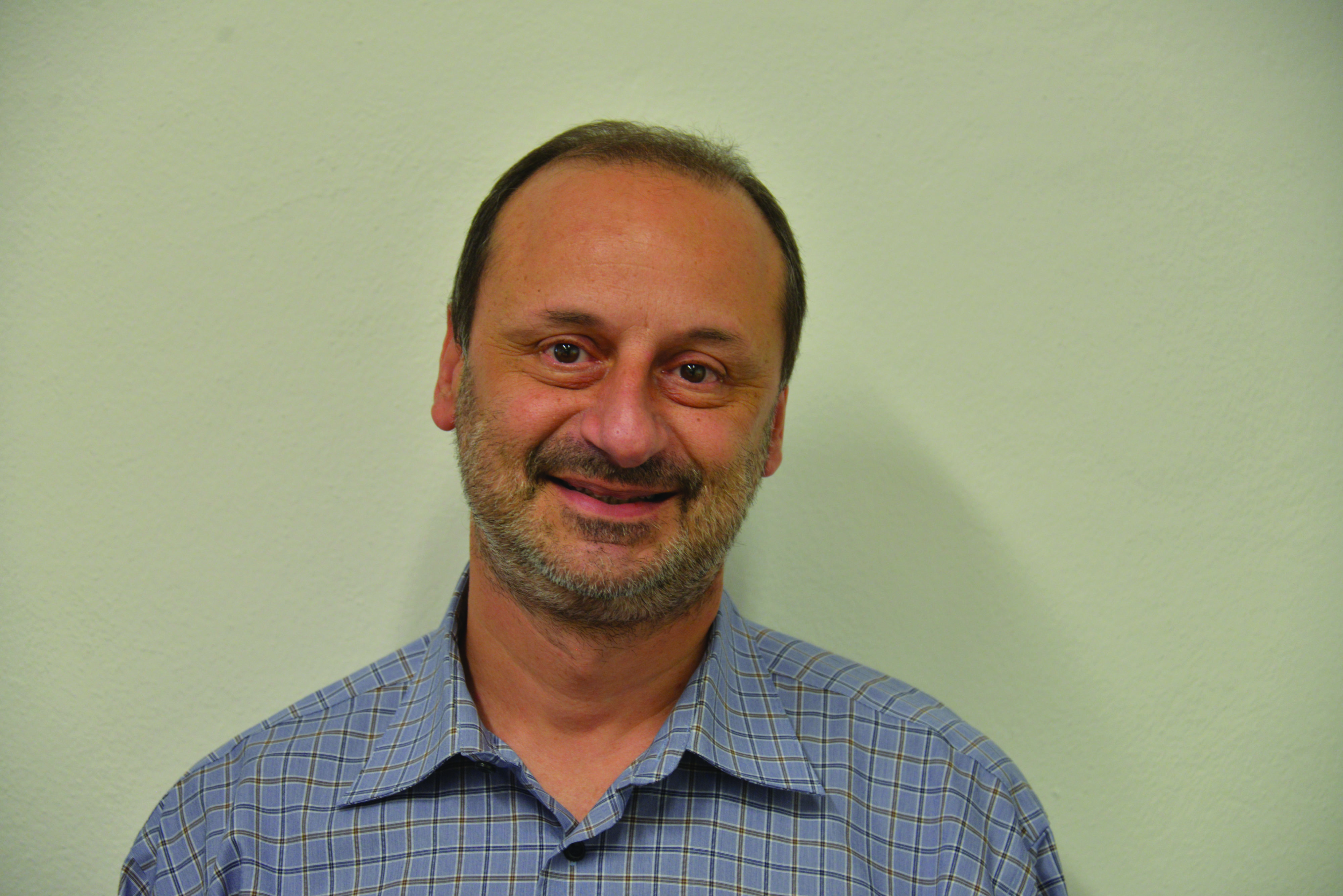
Prof. Godfrey Baldacchino has published ground-breaking research into ‘island studies’ or nissology — the interdisciplinary study of islands on their own terms. Founder of Island Studies Journal and Small States & Territories, he has pioneered research into the political and creative economic strategies of islands and small states. Small states, most of which are islands or archipelagos, comprise approximately a fourth of all nations, so understanding strategies that cater to their specific strengths and weaknesses is of critical policy interest to many nations, including Malta.
One of Baldacchino’s most influential papers is The Coming Age of Island Studies in 2003, where he offers insights into the then-emerging academic field of island studies.
‘I have now been appointed thematic Malta ambassador for islands and small states; so this brings the worlds of policy and diplomacy very close to those of learning and research: in a way that perhaps only a small country with a great university can.’
2. Prof. Georgios N. Yannakakis, Institute of Digital Games
Field: Artificial Intelligence and Image Processing
Rank: 1,096/215,114
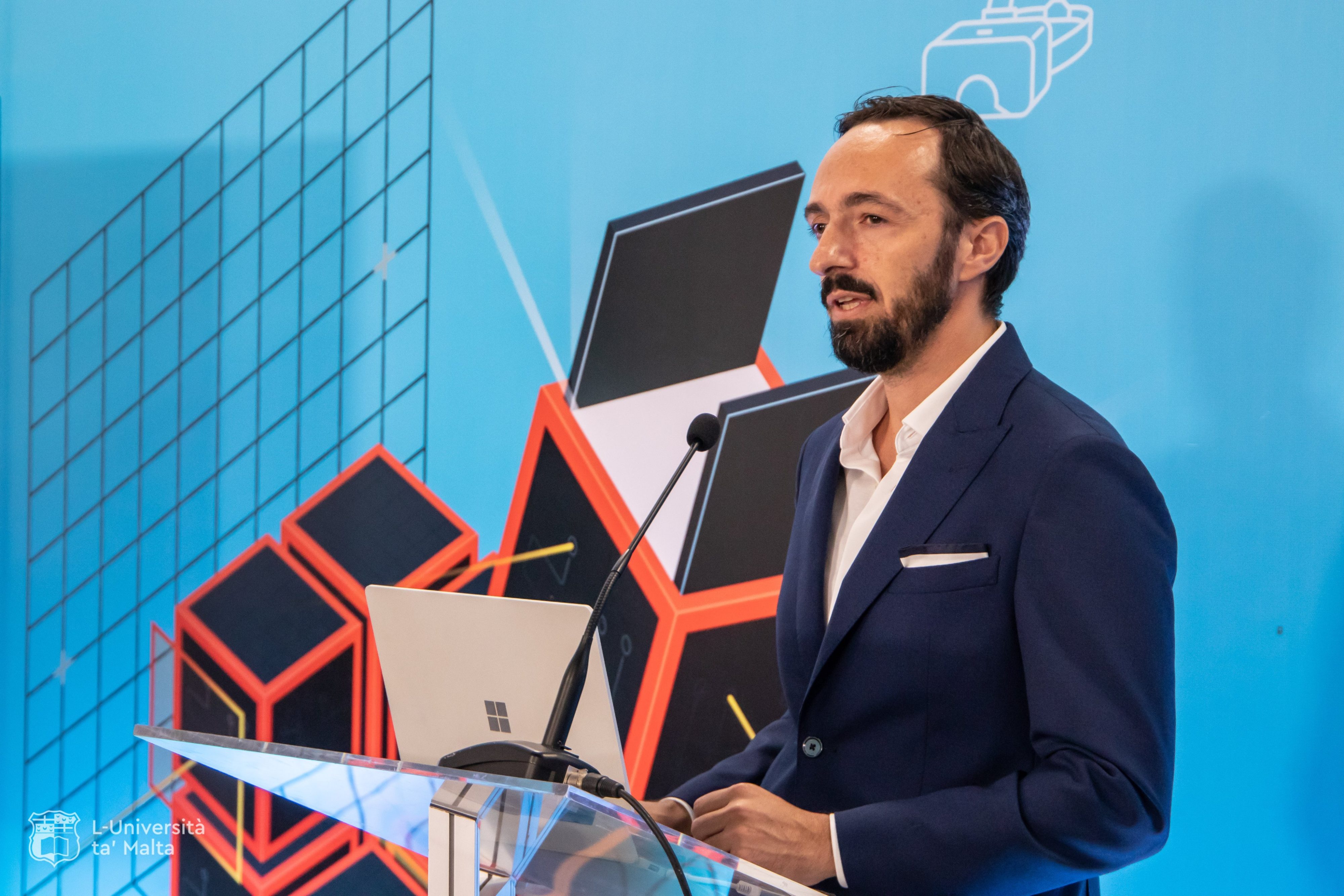
Prof. Georgios N. Yannakakis is one of the pioneers in artificial intelligence (AI) and Games research, specifically in the area of procedural content generation and player modelling. He has also co-authored the first textbook on AI in games.
While most AI researchers focus on AI algorithms that play games, Yannakakis explores the ways AI can make, test, and improve games. Testament to the impact of Yannakakis’s research outside academia (via his co-founded company, modl.ai) are his two US patents of algorithms — one for game-bot generation and one for player modeling.
One of Yannakakis’s most influential and awarded publications, Experience-driven Procedural Content Generation, addresses the use of algorithms to create content through affective and cognitive modelling, coupled with real-time adjustment of the content according to user needs and preferences. His impact on AI and games research stems from his multidisciplinary and collaborative take on science.
‘Our research focuses on the ways games can assist AI to advance and conversely the way AI can assist games to advance further. Beyond games, we explore this interaction and find applications in areas such as creativity, architecture, health, education, and culture.’
3. Prof. Albert Caruana, Department of Corporate Communication, Faculty of Media & Knowledge Sciences
Field: Marketing
Rank: 520/10,464
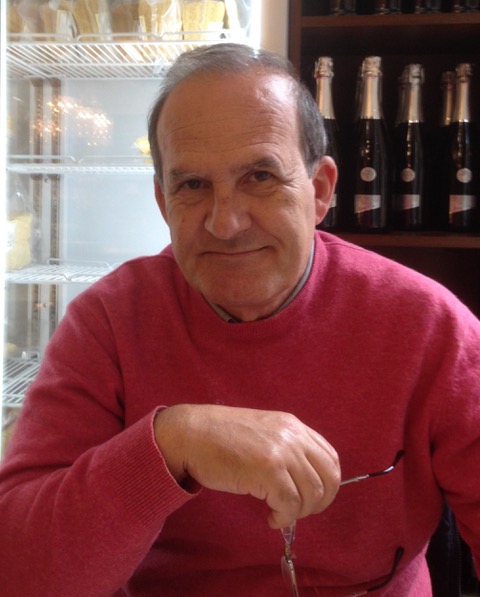
The Head of University of Malta’s Department of Corporate Communication, Prof. Albert Caruana’s most impactful research has focused on the importance of service quality, reputation, and loyalty. His 2002 publication on the importance of service quality in the European Journal of Marketing proposes a mediational model linking service quality to service loyalty through customer satisfaction and has been cited a whooping 2,916 times.
He was further instrumental in setting up Prof. Juanito Camilleri’s DegreePlus initiative at the University of Malta. It provides students an exciting and diverse range of opportunities to help broaden their horizons.
4. Prof. Michael A. Borg, Department of Pathology, Faculty of Medicine and Surgery
Field: Microbiology
Rank: 1,804/ 134,369
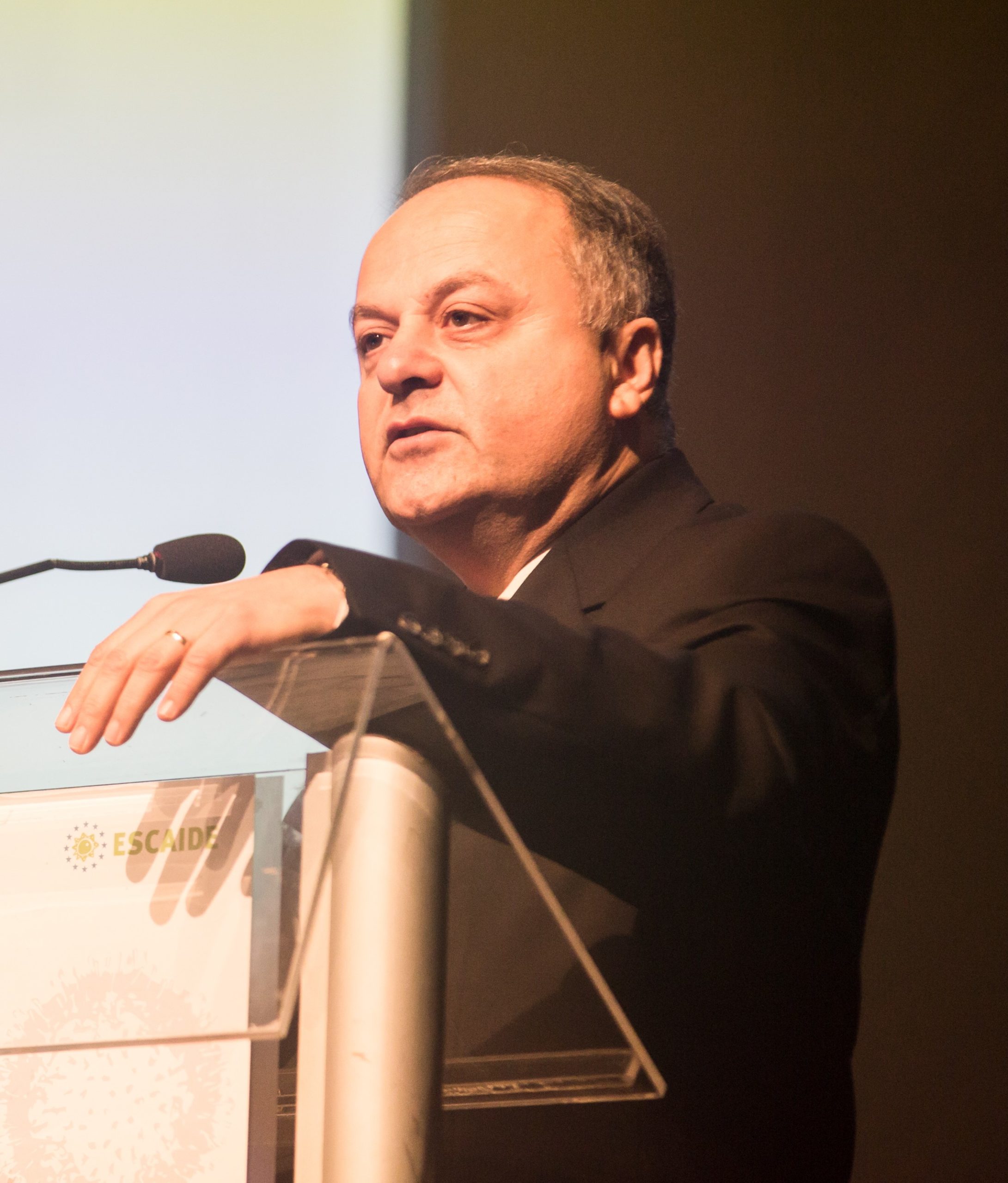
Prof. Michael A. Borg heads the Department of Infection Control at Mater Dei Hospital in Malta and chairs the National Antibiotic Committee. He has been an influential force in studying antibiotic resistance, especially within the Mediterranean region, advising the European Centre for Disease Control (ECDC). Antibiotics save lives, but their effectiveness is jeopardised by excessive use. Preventing these superbugs requires correct antibiotic prescribing and simple, effective infection control measures such as hand hygiene. Compliance with these measures is problematic worldwide. Borg has extensively researched and lectured internationally on why healthcare professionals often do not follow these procedures. He pioneered studies on the behavioural elements behind antibiotic prescribing and infection control decision-making.
‘If we are to make inroads into the global antibiotic resistance challenge, we need to better understand why antibiotics are prescribed incorrectly and simple measures like hand hygiene are not followed by well trained and educated healthcare professionals. Above all, we need to come up with effective behaviour change interventions to correct these practices which are compatible with local cultures and expectations.’
5. Prof. Giuseppe Di Giovanni, Department of Physiology and Biochemistry, Faculty of Medicine and Surgery
Field: Neuroscience, Neurology & Neurosurgery
Rank: 4,399/227,881
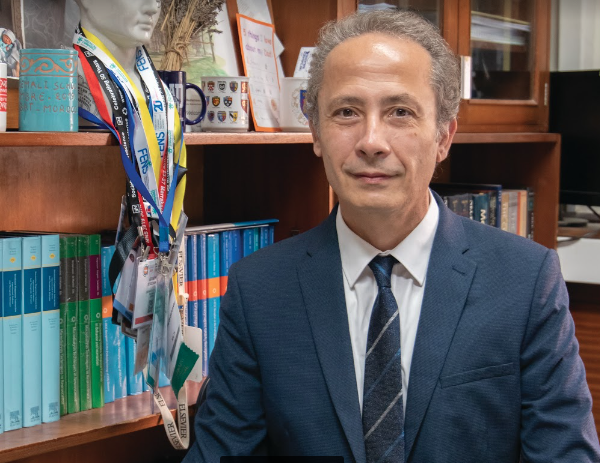
Prof. Giuseppe Di Giovanni has published influential research on a number of neuropsychiatric conditions such as Parkinson’s, depression, and epilepsy. His seminal work on brain activity that results in absence seizures has provided a paradigm shift in how we view and treat most aspects of childhood absence epilepsy. His recent work, focusing on the study of serotonin receptors, is set to make an important contribution towards understanding the mechanism of psychoactive molecules, including antipsychotics, antidepressants, and drugs of abuse.
He is the president of the Mediterranean Neuroscience Society and is involved as editor-in-chief of the prestigious Journal of Neuroscience Methods by Elsevier and ‘The Receptors‘ book series by Springer/Nature. He is the Treasurer (previously the Chairmen) of the Malta Neuroscience Network Programme at the University of Malta and the Scientific Publication Manager of Xjenza Online, the official Journal of the Malta Chamber of Scientist.
‘My group is focused on epilepsy with a holistic approach; we want to treat both seizures and comorbidities — serotonin and cannabinoids may offer new hope. We aim to move from targeting control of symptoms to strategies for prevention and cure of epilepsy.’
6. Prof. Joseph N. Grima, Department of Chemistry, Faculty of Science
Field: Applied Physics
Rank: 971/ 224,856
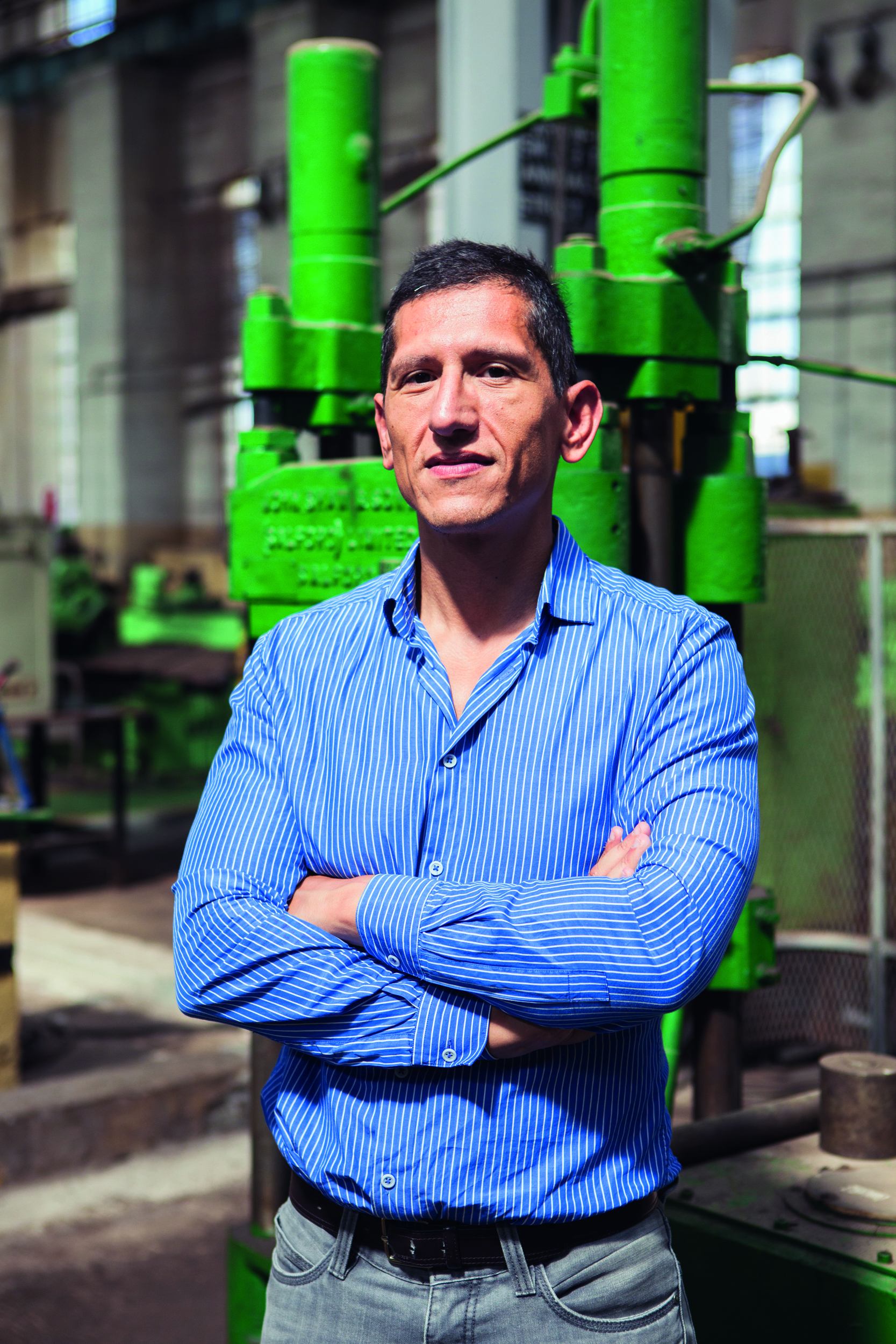
Prof. Joseph N. Grima’s world-leading work has focused on applied physics. He leads a research group on materials and structures exhibiting ‘negative properties’. Materials with negative properties behave in the opposite way to most other materials. Imagine a rubber band that becomes thicker when stretched instead of bigger. These materials have a negative Poisson’s ratio, and Grima and his team found that, in our bodies, tendons behave in this way. Grima has also worked on materials that become smaller when heated instead of expanding, termed negative thermal expansion. Other materials express negative compressibility, increasing in size under pressure instead of decreasing.
His research has uncovered some mechanical properties of graphene, tendons, and materials with regular, microporous structures that make them useful as adsorbents and catalysts. Discoveries like these can help rethink the treatment of injured tendons.
7. Prof. Ruben Gatt, Metamaterials Unit, Faculty of Science
Field: Applied Physics
Rank: 3,405/ 224,856
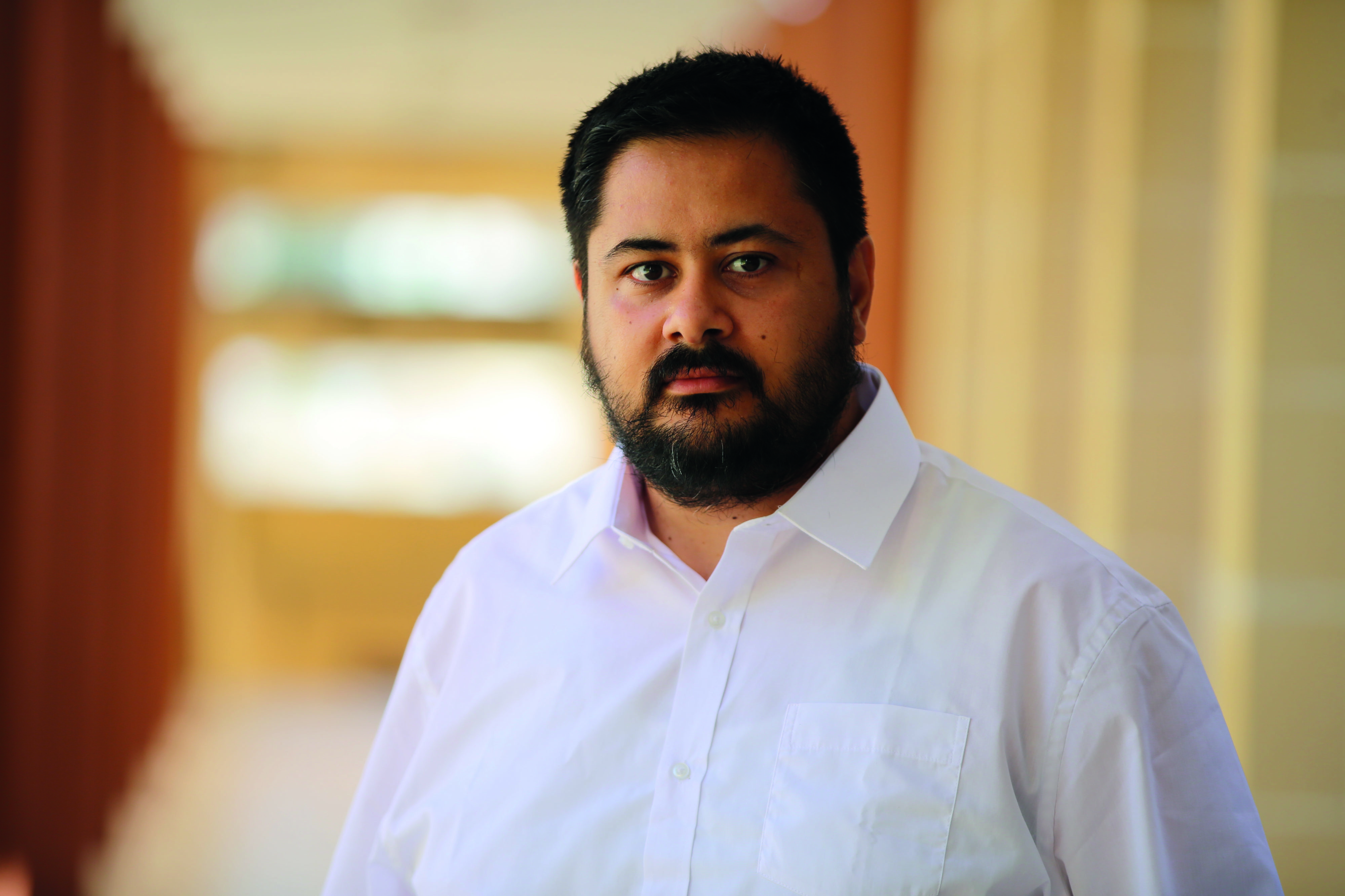
Prof. Ruben Gatt is a frequent co-author with Grima (97 shared publications) and also an influential researcher in the field of applied physics, having worked on materials with negative Poisson’s ratios, negative thermal expansion, and negative compressibility. He is a co-inventor of three patents filed in Malta, the UK, and Italy. His patent for ‘Stents with Zero Poisson’s Ratio Cells’, filed together with Grima and Prof. Aaron Casha, was awarded First Prize for Scientific Innovation at the Malta Innovation Awards 2011. Gatt and his group, in collaboration with Smart Materials Ltd, are developing foams with negative Poisson’s ratios, an innovative process that can be a major game changer in the multi-billion foaming industry.
‘True innovation comes from collaboration; no one person can be an expert in all fields of science. The magic, or in this case science, happens when different people from different fields are intrigued by a similar question and work together. In our case, we are trying to bring auxetic materials to the market so that their beneficial uses may be enjoyed by everyone. We are also trying to introduce novel, safe, and environmentally friendly ways to disinfect foods whilst improving crop yield.’
Research is not performed alone. Many of these top researchers work in teams of very talented people. These few profiled achievements reflect the University of Malta as a whole. It has nurtured a dynamic environment where academics are supported to focus their efforts on impactful research. These colleagues motivate peers and students to push the boundaries of knowledge to inspire the next generation of innovators and scientists.
Further Reading
Baas, Jeroen Boyack, Kevin; Ioannidis, John P.A. (2020), “Data for ‘Updated science-wide author databases of standardized citation indicators’”, Mendeley Data, V2, doi: 10.17632/btchxktzyw.2





Comments are closed for this article!